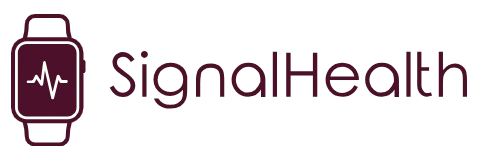
Effective Strategies for Enhancing Performance
Effective Strategies for Enhancing Performance
Improving performance is a critical goal for individuals, teams, and organizations across various domains. Whether in academics, sports, business, or personal development, employing effective strategies can significantly enhance outcomes. This article explores proven methods to boost performance and achieve sustained success.
1. Goal Setting and Planning
Setting clear, achievable goals is fundamental to enhancing performance. Goals provide direction, motivation, and a benchmark for progress. According to Edwin Locke’s goal-setting theory, specific and challenging goals lead to higher performance than vague or easy goals.
- Example: A sales team sets a goal to increase monthly revenue by 20% through targeted marketing campaigns and client outreach.
2. Continuous Learning and Skill Development
Continuous learning keeps individuals and teams adaptable and competitive. Acquiring new knowledge and honing skills not only enhances proficiency but also boosts confidence and innovation.
- Example: A software development team regularly attends workshops and online courses to learn about the latest programming languages and frameworks.
3. Time Management and Prioritization
Effective time management ensures that resources are allocated wisely, reducing stress and improving productivity. Prioritizing tasks based on urgency and importance allows individuals to focus on high-impact activities.
- Example: A project manager uses the Eisenhower Matrix to categorize tasks into urgent, important, not urgent, and not important, optimizing time allocation.
4. Building Resilience and Managing Stress
Resilience enables individuals to navigate challenges and setbacks effectively, maintaining performance under pressure. Stress management techniques such as mindfulness, exercise, and adequate rest contribute to sustained high performance.
- Example: A professional athlete practices visualization and deep breathing techniques to stay focused during high-stress competitions.
5. Feedback and Iterative Improvement
Regular feedback loops facilitate continuous improvement by identifying strengths and areas for development. Constructive feedback from peers, mentors, or supervisors provides valuable insights for refining strategies and enhancing performance.
- Example: An academic researcher solicits peer review on manuscripts to refine experimental methods and strengthen research outcomes.
6. Collaboration and Teamwork
Collaboration harnesses diverse perspectives and skills, fostering innovation and achieving collective goals. Effective teamwork relies on communication, trust, and shared accountability.
- Example: Cross-functional teams in a marketing agency collaborate on campaign strategies, leveraging each team member’s expertise to deliver integrated marketing solutions.
7. Technology and Tools
Leveraging appropriate technologies and tools streamlines processes, automates routine tasks, and enhances efficiency. Adopting innovative solutions can optimize workflow and performance outcomes.
- Example: A logistics company implements a real-time tracking system to monitor shipments and optimize delivery routes, improving operational efficiency and customer satisfaction.
Conclusion
Enhancing performance requires a holistic approach that integrates goal setting, continuous learning, effective time management, resilience, feedback mechanisms, collaboration, and leveraging technology. By implementing these strategies systematically, individuals and organizations can achieve sustainable improvements in performance and productivity.
Remember, while each strategy is powerful on its own, the synergy of employing them together often yields the most significant results. Whether you’re aiming to excel in academics, sports, business, or personal growth, integrating these strategies can pave the way for continuous success.
